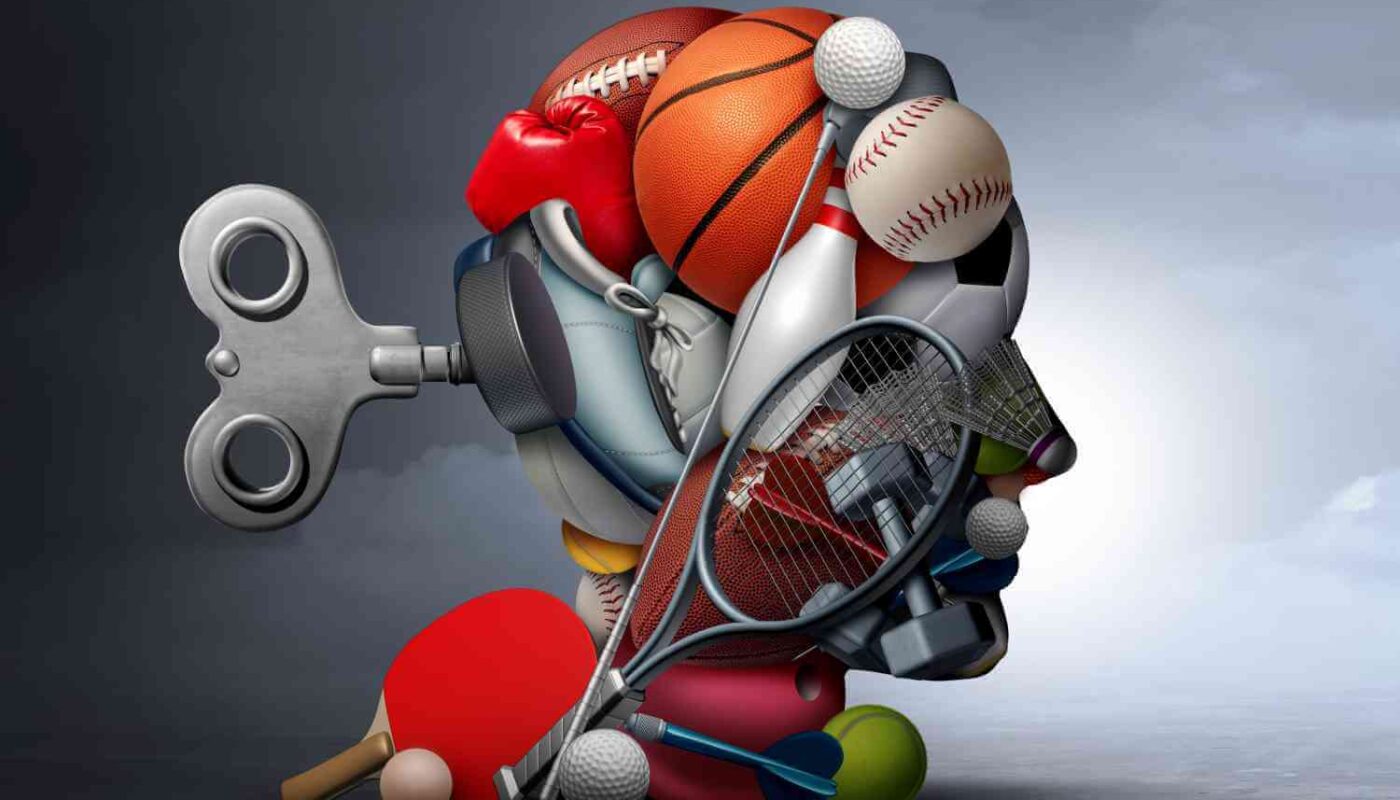Professional sports are often viewed through the lens of physicality, skill, and endurance. However, beneath the surface of athletic excellence lies an equally crucial factor that has long been overlooked: mental health. In recent years, athletes have increasingly opened up about the pressures they face, shedding light on the importance of mental well-being in sports. This shift has sparked vital conversations about the need for mental health support in a field that demands excellence at every turn.
The Pressure to Perform
Athletes operate in high-stakes environments where coaches, fans, and the media constantly scrutinize their performance. The relentless pressure to succeed can lead to anxiety, stress, and burnout. For many, the fear of failure or injury looms large, often exacerbated by the fleeting nature of athletic careers.
The advent of social media has amplified these pressures. Athletes are no longer shielded from public opinion; criticism and praise follow them in real-time. This constant exposure can take a significant toll on mental health as the line between professional and personal lives becomes increasingly blurred.
Breaking the Stigma
Historically, discussions about mental health in sports were considered taboo. Athletes were expected to exhibit mental toughness, often equated with suppressing emotions and vulnerabilities. Seeking help was viewed as a sign of weakness, leading many to suffer in silence.
However, the narrative is changing, thanks to prominent athletes who have bravely shared their struggles. Tennis star Naomi Osaka withdrew from the French Open in 2021, citing mental health concerns, and openly discussed her battles with anxiety and depression. Similarly, Olympic gymnast Simone Biles prioritized her mental well-being during the Tokyo Olympics, choosing to sit out events to protect herself. These actions resonated globally, highlighting that mental health is as vital as physical health in sports.
Mental Health Challenges Unique to Athletes
The challenges athletes face are multifaceted. Beyond performance anxiety, many grapple with identity issues, especially post-retirement. For years, their sense of self is tied to their athletic prowess. Transitioning away from professional sports can lead to feelings of loss and uncertainty about the future.
Injury is another significant factor. For athletes, injuries are not just physical setbacks but psychological ones. The fear of reinjury, coupled with the isolation of recovery, can trigger depression and anxiety.
Building Support Systems
Recognizing the importance of mental health, many sports organizations are taking steps to address the issue. Teams and leagues are hiring sports psychologists, offering mental health resources, and creating environments where athletes feel safe discussing their struggles.
Education plays a crucial role in these efforts. Coaches and staff are being trained to recognize signs of mental distress and provide support. Additionally, initiatives to normalize mental health conversations are helping to break down long-standing stigmas.
The Road Ahead
The growing focus on mental health in sports marks a significant cultural shift. It acknowledges that athletes are human beings first, with emotions and vulnerabilities. By prioritizing mental well-being, the sports world is not only fostering healthier athletes but also setting an example for society at large.
As this movement gains momentum, it serves as a potent reminder: greatness is not just about triumphing on the field but also taking care of the mind that powers it.




